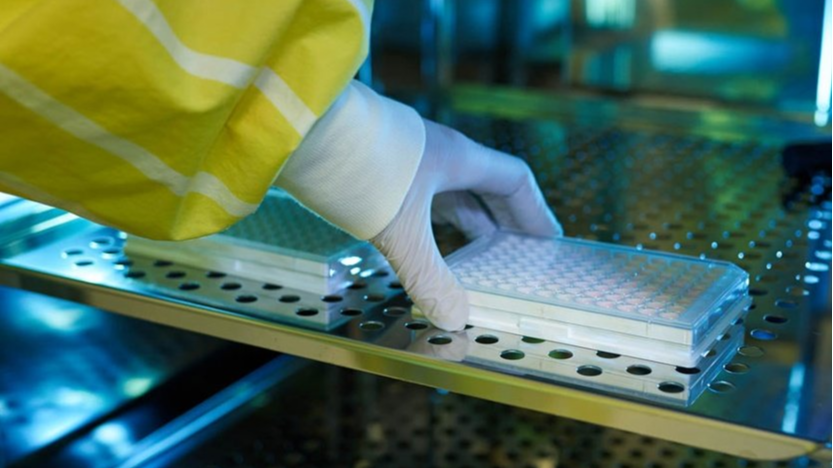- Other Products
- CCP
We have long experience of developing cell-based iLite® assays for a wide range of targets. Our ready-to-use assays offer a fast and streamlined work process with low variability. We are now happy to announce that we have expanded our portfolio with a RANKL iLite functional assay. This is exciting as there is much interest in developing new antibody-based drugs against this molecule.
Our RANKL iLite assay is ideal for potency measurements of anti-RANKL candidate drugs and studies of RANKL or RANKL agonists. As an added benefit, the RANKL iLite assay contains a luciferase normalization gene which can be used to compensate for differences in cell number and viability as well as serum matrix effects.


We have long experience of developing cell-based iLite® assays for a wide range of targets. Our ready-to-use assays offer a fast and streamlined work process with low variability. We are now happy to announce that we have expanded our portfolio with a RANKL iLite functional assay. This is exciting as there is much interest in developing new antibody-based drugs against this molecule.
Our RANKL iLite assay is ideal for potency measurements of anti-RANKL candidate drugs and studies of RANKL or RANKL agonists. As an added benefit, the RANKL iLite assay contains a luciferase normalization gene which can be used to compensate for differences in cell number and viability as well as serum matrix effects.
RANKL is a membrane protein belonging to the tumor necrosis factor (TNF) superfamily. It is expressed in a wide variety of tissues but predominately in bone tissue, lymphoid organs and the vascular system. RANKL was originally identified as a factor involved in the immune system, where it is expressed by T helper cells. In addition, it is believed to be involved in the maturation of dendritic cells.
RANKL has also been found to play an essential role in osteoblast biology. It has been found to be essential for the bone destruction commonly seen in rheumatoid arthritis (RA) patients. Denosumab, a monoclonal antibody that targets RANKL, has been found to prevent bone destruction in RA patients, but has no effect on cartilage destruction or joint inflammation.
In addition to its role in RA, denosumab has been used to treat other conditions, such as bone cancer diseases and tumors.
There is currently great interest in developing new anti-RANKL biopharmaceuticals, which is not surprising given the important role of this molecule in disease. Our RANKL iLite assay offers a fast and accurate cell-based assay ideal for use in RANKL and RANKL antagonist drug development.
Visit the iLite RANKL product page